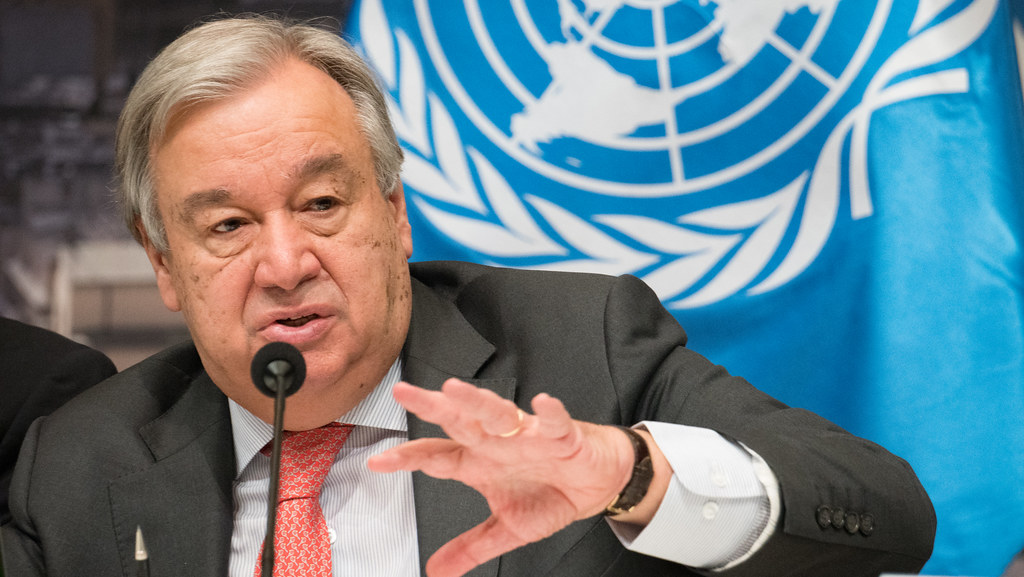This excerpt is from a Fortune magazine article published 22 June 2022 about sustainability in the blue food sector. It was written by Blue Food Assessment member and co-director of the Stanford Center for Ocean Solutions Fiorenza Micheli. Read the full piece here.
With the UN Ocean Conference getting underway this week in Lisbon after a string of global events focused on the blue economy, policymakers have a unique window of opportunity to consider an entirely different approach. Only by ambitiously entrenching the sustainability of blue foods across supply chains will the world be able to avoid the pitfalls of other agri-food sectors and enable more people to get the best out of blue foods, without exhausting these resources or degrading the environment.
While eco-certification has made an important contribution towards improving production standards in the Global North, governments and agencies worldwide must move beyond current metrics and challenge the entire sector to think more comprehensively about sustainability to include environmental, social, and economic dimensions.
Sustainability must start where supply chains do: with the producers and their needs. The 800 million men and women who depend on blue foods for their livelihoods are also the sector’s frontline workers and the stewards of marine and freshwater ecosystem health.
Current schemes exclude millions of small-scale producers who lack the means and resources to bear the high costs of certification and meet its stringent bar, but their absence undermines the sector at large and hinders progress towards true sustainability.
With more of the diverse actors in the blue food value chain–including women–able to participate more equitably, they will be incentivized and supported to create better outcomes for people and the environment.
Policymakers can support this positive transformation by implementing better protections for local rights and access, including those of indigenous communities, and inclusive policies. Public regulators can introduce standards to limit harmful subsidies that undermine the ability of blue food producers to adopt more sustainable practices.
